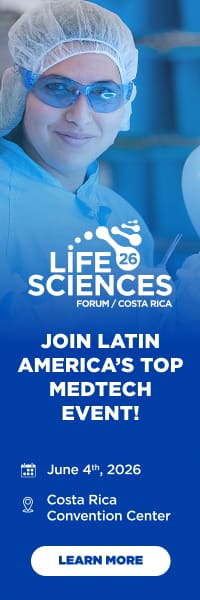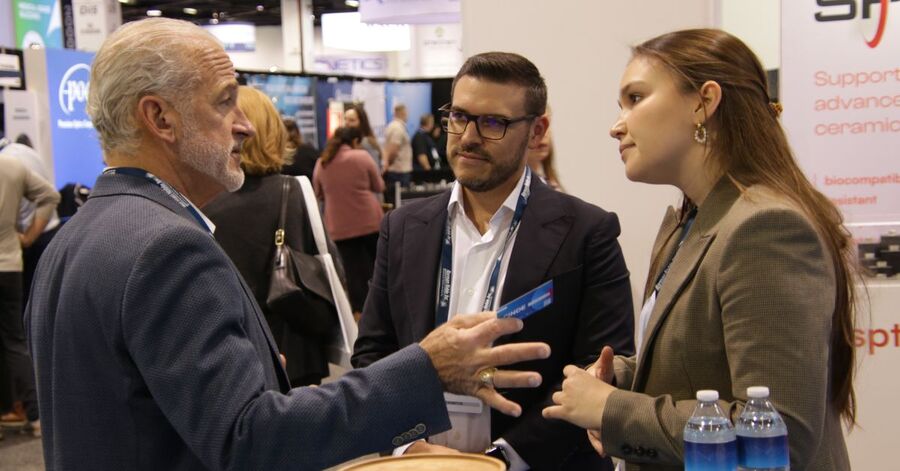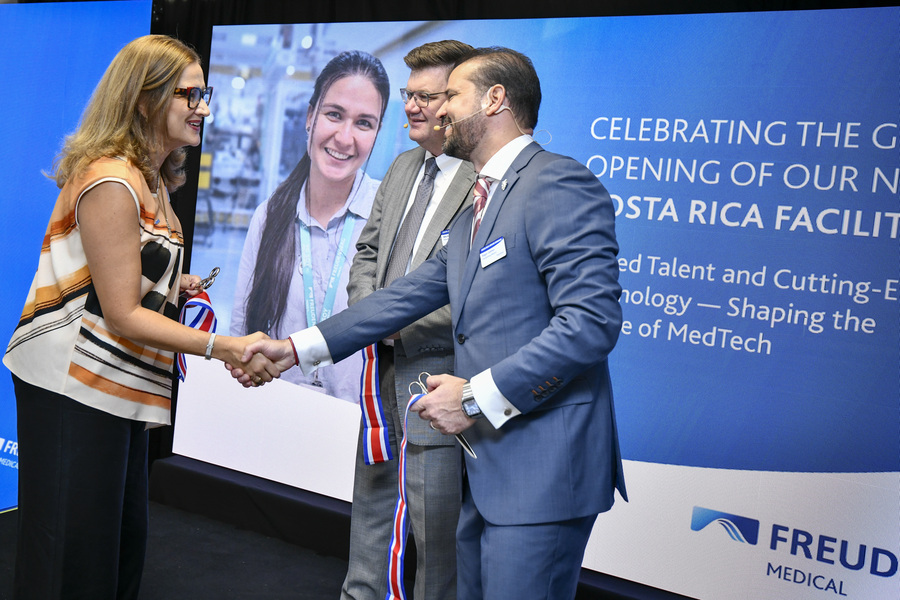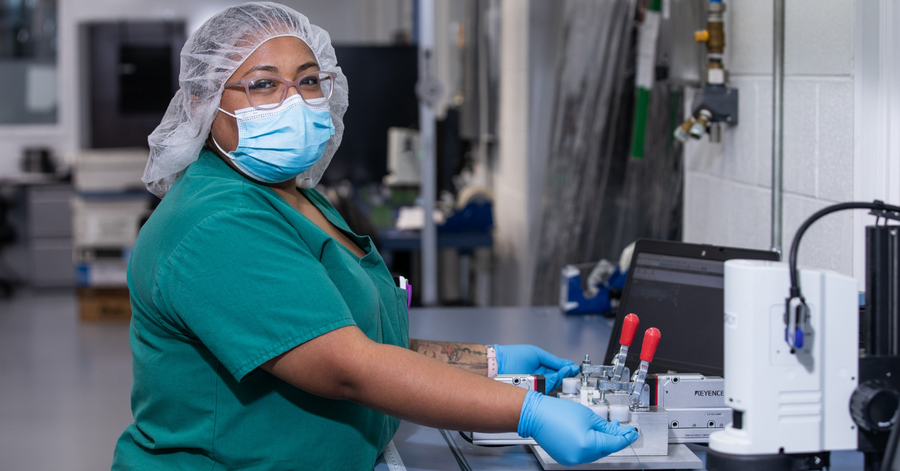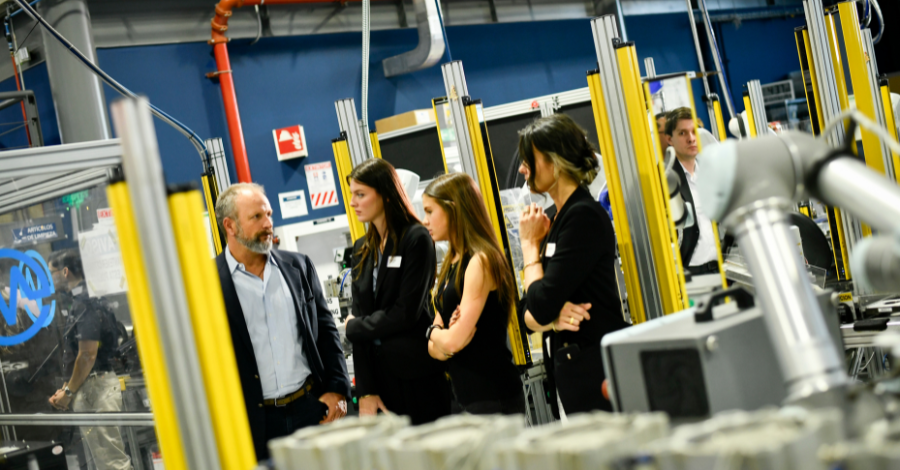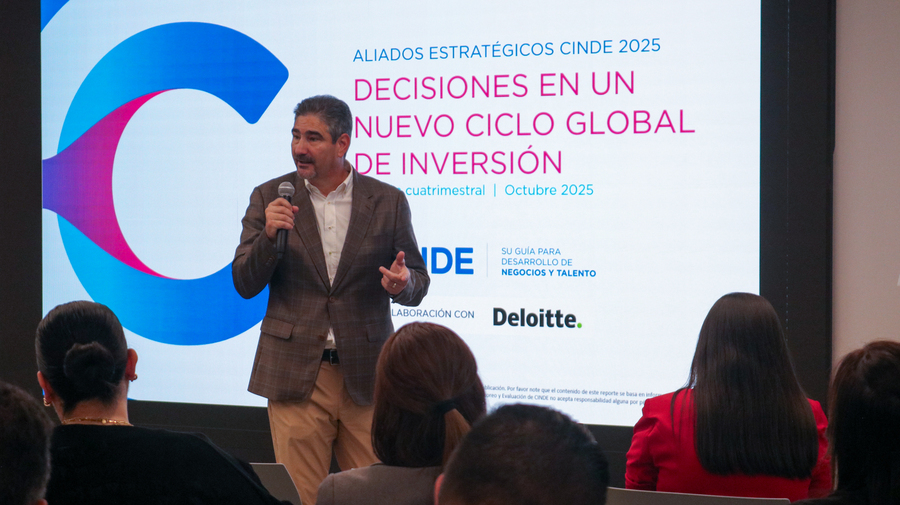NEWS
Coyol Free Zone donates equipment to increase COVID-19 diagnosis in Costa Rica
*Article originally published by the Coyol Free Zone.
Costa Rica. April 1st, 2020 Furthering its commitment to the health of Costa Rica, the
Coyol Free Zone (CFZ) is donating an Abbott m2000 RealTime System and 5,000 COVID-19 diagnostic kits, to support the work of the Costa Rican Institute for Research and Education in Nutrition and Health (INCIENSA), which is doing all the official testings in the
country.
This donation will increase the country’s diagnostic capabilities, as it allows for up to 96 simultaneous tests on the same platform, and delivers reliable and scientific results in just a few hours.
The equipment will be delivered to the National Virology Reference Center, which is headquartered at INCIENSA, starting next week and will also include installation, a service contract, and technical support to guarantee its optimal operation, which in total amounts to 116 million Costa Rican colones (approximately $200,000 USD). Efforts to finalize the donation were made in coordination with authorities from the Costa Rican Social Security Fund (CCSS), the Ministry of Health, the Ministry of Foreign Trade, and the Abbott company.
“As leaders in the exportation of medical devices, we are committed to Costa Rica and to local authorities in the health sector. As such, we looked to ways we could support the primary source of COVID detection and thus decided to donate this system to INCIENSA. It is a state-of-the-art, latest-gen system in detecting COVID-19, produced by the Abbott company, and provides the consistency and reliability we need during these times,” explained Carlos Wong, Director of the Coyol Free Zone.
Dr. Lissette Navas, director of INCIENSA, added that “this donation from the Coyol Free Zone will cover a scarcity in the country, motivated by an international shortage resulting from the COVID-19 pandemic. Conventional equipment requires extracting RNA from a person’s nasal secretions and then processing the PCR; in contrast, with this donation, we will be able to determine if genetic components of COVID-19 are present, using the same platform and in real-time” she detailed.
The World Health Organization (WHO) has emphasized that PCR tests are highly reliable and essential in determining current infections and accurately monitoring the evolution of COVID-19.


